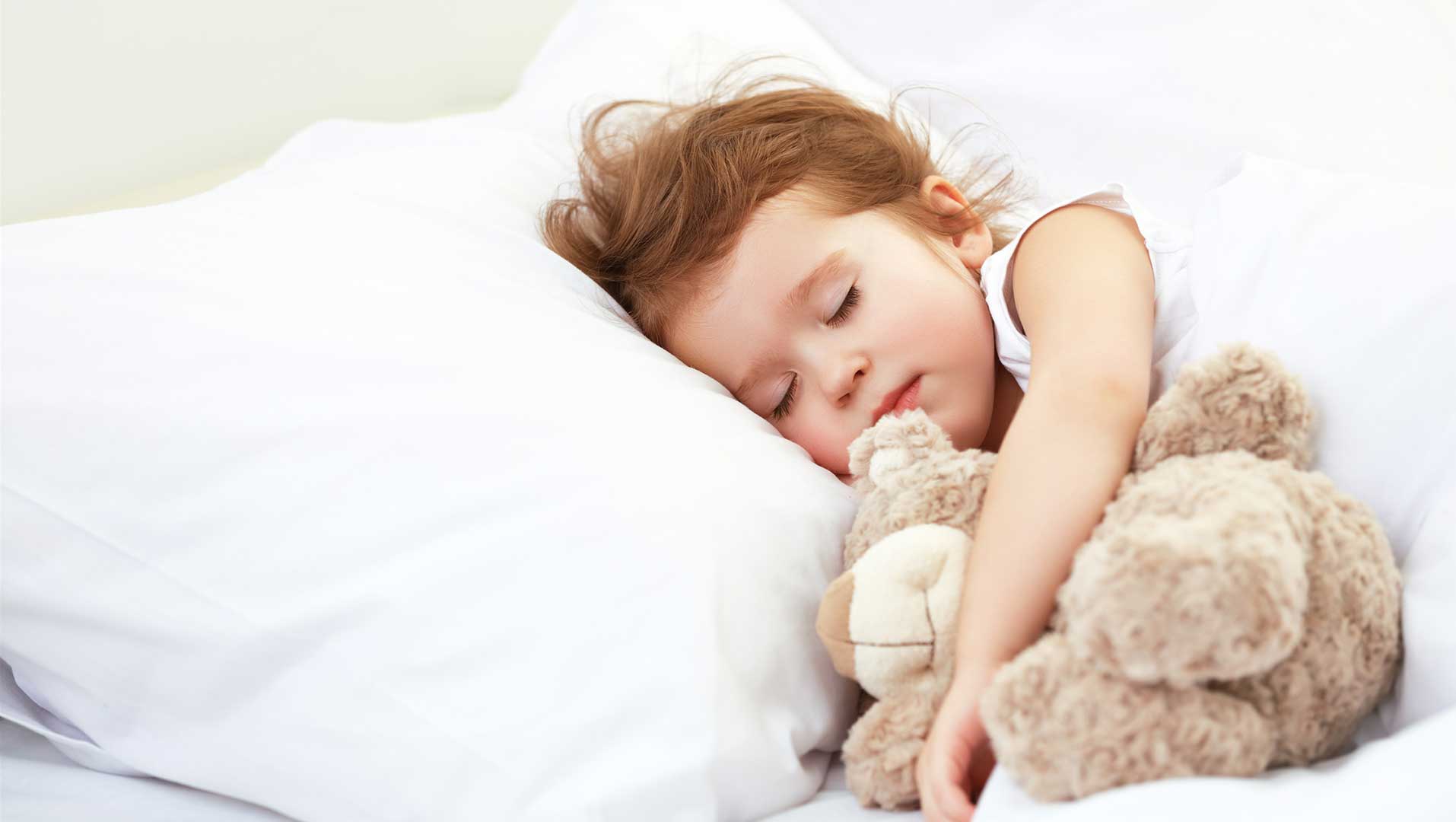Bed-wetting is common among infants and young children and is a part of growing up. Infants need time for toilet training and may slip up a few times along the way.
Now, bed-wetting isn’t a cause for concern unless it happens all of a sudden in children who were already toilet-trained and not used to having slip-ups.
If this is the case, then bed-wetting could be one of the earliest signs of diabetes in children. The increased urination caused by diabetes could make a child start bed-wetting again.
But, diabetes is not the only possible cause for bed-wetting in older children, so before assuming the worst, let’s dive into the issue.
Bed-Wetting Can Happen in Toilet-Trained Children
All children need to be toilet trained and most are usually trained by 5 years old. Toilet training generally starts from 18 to 24 months, and it takes weeks to even months to train a child.
But, there are no hard and fast rules. As a result, some children continue to struggle with bed wetting even after the age of 5.
And in an older and toilet-trained child, occasional bed-wetting can still happen due to one or more of the following issues:
- Bladder issues: A small (still underdeveloped) bladder could make your child able to hold less urine than other children, and need to go to the bathroom more often. Also, your child may lack the ability to recognize a full bladder. This happens if the nerves that control the bladder take a little longer than usual to mature.
- UTIs: In children and adults, UTIs increase the frequency of urination. If your child has a UTI that could be the reason for the lack of control of the bladder.
- Sleep apnea: Sleep apnea is a condition where a person’s (child or adult) breathing gets interrupted during sleep. This causes the person to wake up several times at night and become exhausted from the constant waking. If your child is too tired, they may not be able to recognize the signs that they need to pee.
- Emotional stress: Things like a big change in their lives or problems at school, either with the teachers or other kids, could cause your child some emotional stress. This stress can make your child lose control of their bladder at night.
Unfortunately, bed-wetting can also be due to an underlying medical condition, and that could be type 1 diabetes.
How Are Bed-Wetting And Diabetes Related?
The three most common early signs of diabetes are: increased appetite, increased thirst, and increased peeing. The latter causes your child to have less control over their bladder, especially at night.
But why does diabetes cause kids to pee more? To know this, we have to understand the role insulin has in the body.
Glucose is the main source of energy for our body cells. And insulin is necessary for our body cells to absorb glucose.
Now, because of the lack of insulin in the body, glucose fails to enter the body cells as it’s supposed to, resulting in glucose building up in the blood.
As a result of the body cells not receiving the glucose they need, the body reacts by increasing glucose production even further, not understanding that glucose is already available, but not reaching the cells.
This leads to a continued increase in blood glucose levels.
One of the first organs to try to control blood sugar levels is the kidneys. As blood glucose level increases, kidneys start producing more urine to eliminate excess glucose circulating in the blood.
This is why there’s increased urination and increased thirst.
Aside from increased urination, other signs parents may notice that are indicative of diabetes are increased irritability and fatigue. Also, in some cases, you might notice a fruity-smelling breath.
Bed-wetting alone may not be a sign of diabetes, but combined with any of the above-mentioned symptoms, diabetes could be the cause.
What to do if my Child is Wetting the Bed Suddenly?
If your child starts wetting the bed, there could be many reasons, not only diabetes.
Have you noticed any other symptoms besides bed wetting that could be indicative of diabetes? If so, it’s always a good idea to take your child to a doctor.
If not, there are a bunch of techniques that can help reduce bed-wetting such as training a child to go to the bathroom before bed. Waking a child up in the night to use the toilet may also help – ensure there’s easy access to the toilet.
You may also want to consider using absorbent pants at night.
How Can I Stop Diabetes-Related Bed Wetting?
If your child has gotten a positive diagnosis of diabetes, you’ll need to start treatment immediately.
To prevent bed wetting associated with diabetes, maintaining blood sugar levels within the target range is the most effective way. This is primarily achieved through insulin therapy and regular blood glucose monitoring.
Keep in mind that your child will need a lot of help and care as they will struggle to manage their condition on their own.
It is vital to remember that childhood diabetes is a diagnosis for a lifetime. It’s not a reversible condition. So, teaching your child to manage diabetes from an early age is a good idea. This includes what to eat, when to eat, and how to identify hypoglycemia and other issues.
Luckily, there are lots of tools out there that make managing diabetes easier today than it once was. Insulin pumps are an example of that. If you want to learn more about insulin pumps, take a look at the Best Insulin Pumps for Children.
Our own app, Gluroo, is another great tool.
It allows parents and other caretakers to collaborate in a child’s diabetes management, while also helping the child get involved and learn how to manage their diabetes. Learn more about Gluroo or download it below.
Should You Worry If Your Child Is Still Wetting The Bed?
Bed-wetting is normal in young kids, and each child has their own rhythm when it comes to toilet training. As such, your child may take longer than other kids to stop bed-wetting, and this is not a cause for concern.
But, if your child has been toilet-trained for a while and bed-wetting suddenly starts again, it’s important to look into it.
Type 1 diabetes is indeed a possible scenario, especially if accompanied by symptoms such as increased thirst and fatigue.
Remember, there are plenty of other reasons why your child could be wetting the bed – so do not panic.
As always, we recommend visiting your doctor to play it safe.




